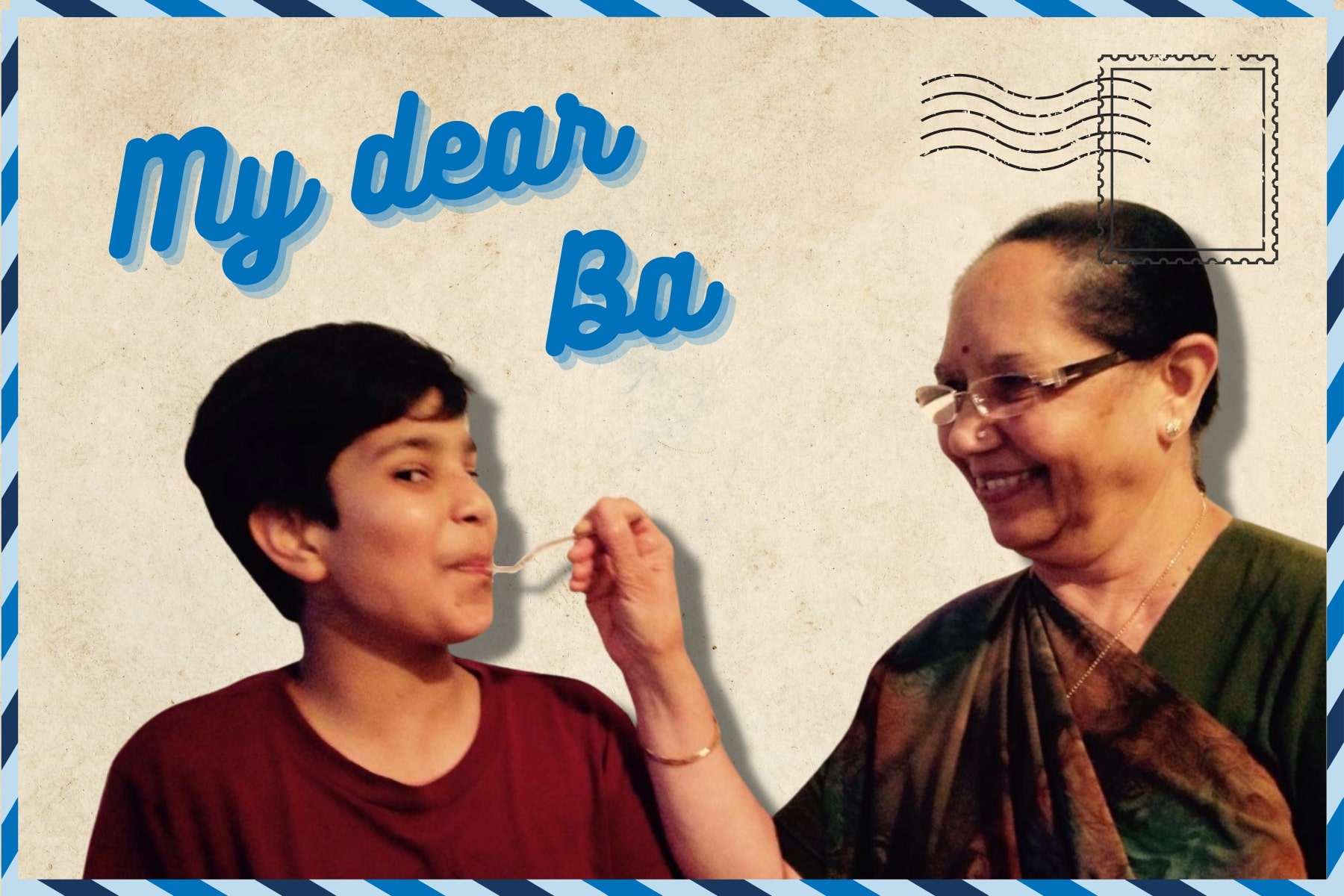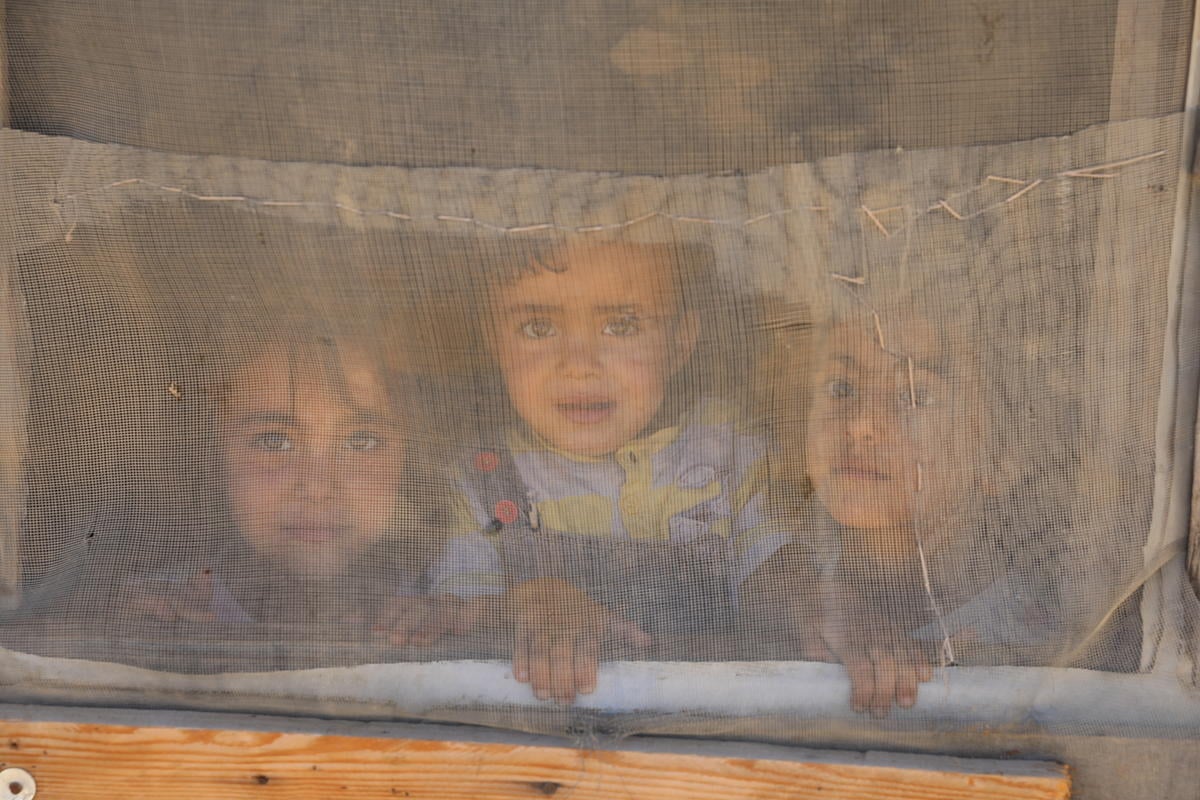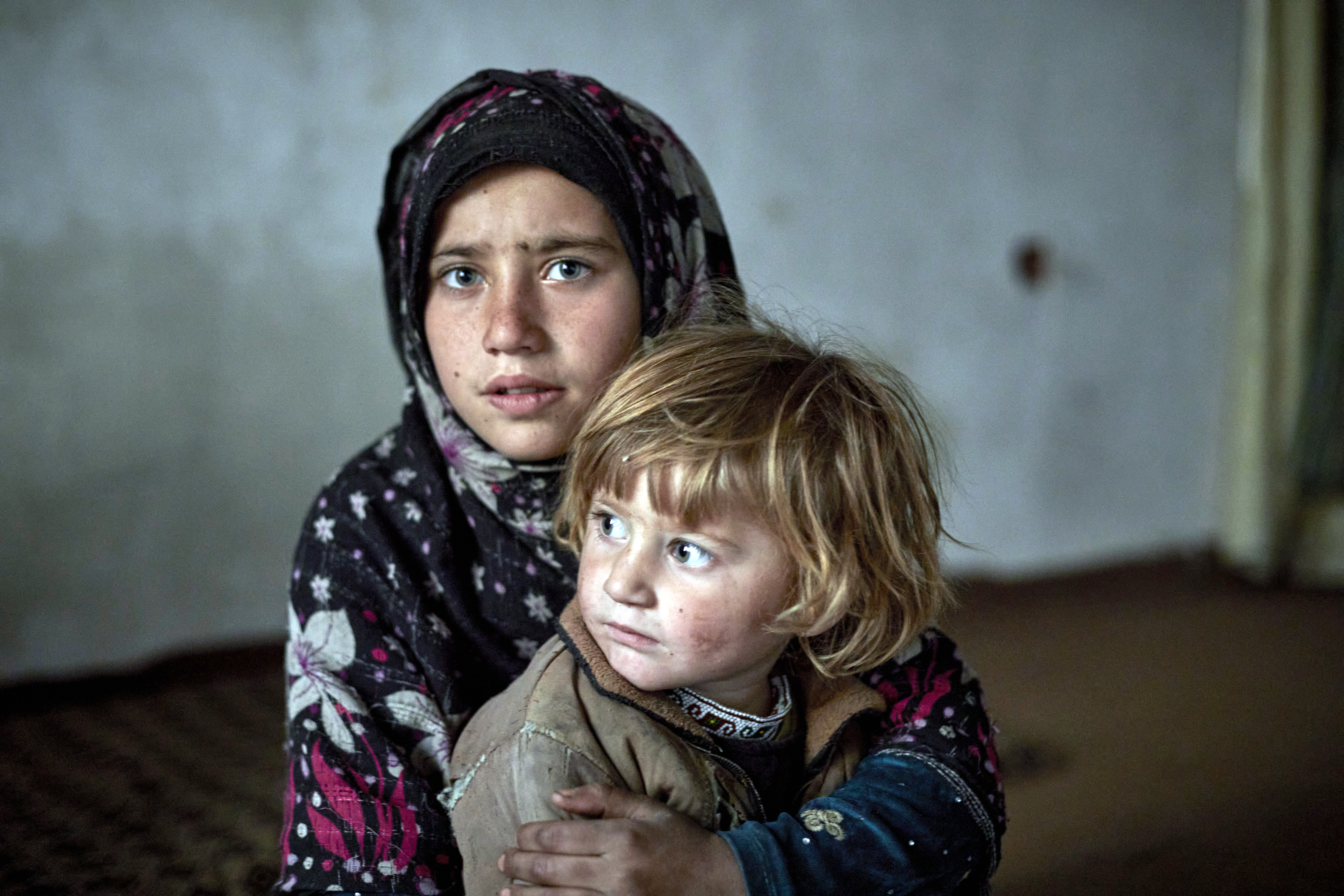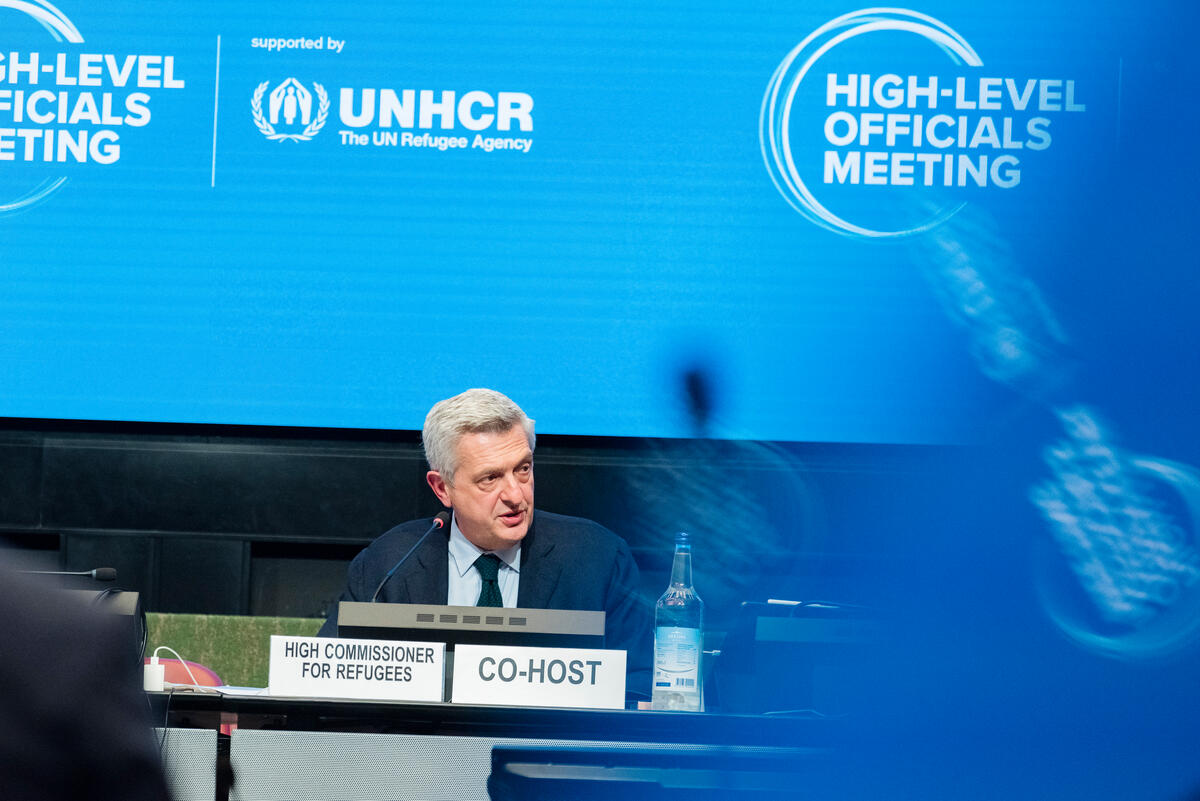Prominent Burmese journalist leaves Cambodia for the United States
Prominent Burmese journalist leaves Cambodia for the United States

PHNOM PENH, Cambodia, March 12 (UNHCR) - Burmese journalist Maung Maung Kyaw Win will soon be able to write freely after years of working under a pseudonym and facing persecution in his native Myanmar.
Kyaw Win and his family flew out of Phnom Penh's Pochentong Airport on Monday bound for Chicago and a new life in the United States, which accepted him for resettlement after referral by UNHCR and where his sister lives.
Before his departure, Kyaw Win said he had mixed feelings about heading off to the US after almost a year in Cambodia. "I will feel safe to live in a land of peace and prosperity, but I know I will have to struggle to build up my new life. I have to leave my country and relatives so I feel very sad," he said.
"I need to have a job for our living. My sister said not to worry about food and accommodation, but one day we have to live alone with my family again and I will have to have a job," noted Kyaw Win, while adding that he relished the opportunity of practising his craft without the fear of censorship or persecution.
"Maybe I can work for dissident-run media or help the [New York-based] Committee to Protect Journalists or other organisations with Burmese cases. Maybe there will be more journalists in the coming years with problems."
But the 58-year-old said one of his first projects would be a book about his long struggle for democracy. Earlier this year, Human Rights Watch awarded him a Hellman/Hammet grant for his courage in the face of political persecution.
Kyaw Win fled Myanmar in December 2005, soon followed by his wife and daughter, the couple's only child. The family came overland to Cambodia in April last year and registered with the UNHCR office in Phnom Penh.
Originally from Shan state, Kyaw Win has lived most of his life in the Myanmar capital of Yangon. As a student, he spent 18 months in detention after attending demonstrations on the campus of Rangoon University.
He became a journalist, working in the 1980s for the state-run Guardian Daily newspaper. He has written many short stories under pseudonyms, some about corruption in the government. He has also translated foreign works into Burmese, including in 1990 a book by Swedish reporter Bertil Lintner on events leading up the military's 1988 crackdown on Myanmar's pro-democracy movement.
In 1996, Kyaw Win launched Miscellaneous, but the monthly magazine on politics and economics was banned after two issues. His monthly commentaries are published on the website of the Democratic Voice of Burma, a non-profit Myanmar media organisation, and in Burma Digest, a biweekly online journal. Before he left Myanmar, he worked for the economic magazine Myanmar Dana.
Kyaw Win said he decided to flee after receiving death threats, allegedly from military officials. He had arranged and interpreted at a meeting between an American journalist and a Burmese student leader who had spent 14 years in prison because of his political activities.
The veteran Burmese journalist has received a lot of support from overseas. "The intimidation and harassment of our colleague Maung Maung Kyaw Win is the latest unfortunate episode of a brutal campaign against Burma's journalists," the Committee to Protect Journalists said last year.
Meanwhile, Kyaw Win will use the US$2,000 Hellman/Hammet grant to help his family get started in the United States. "We came to Cambodia with only some clothes. We might need to buy some blankets and necessary things," he said.
Kyaw Win also wants to take up painting again. "I had not done it in years. I bought paint and brushes here in Cambodia because it is cheaper than in the United States. I will bring the two paintings I have made in Cambodia." A chip off the old block, his 20-year-old daughter wants to study journalism.
But Kyaw Win's priority is to write his book on democracy. "In my mind I have a story. In my country, I could not write so I want to write a book about my struggle for democracy. I will ask help from my journalist friends, that is my intention. Before I die, I must leave a book about what I have done in my life."
By Inge Sturkenboom in Phnom Penh, Cambodia









